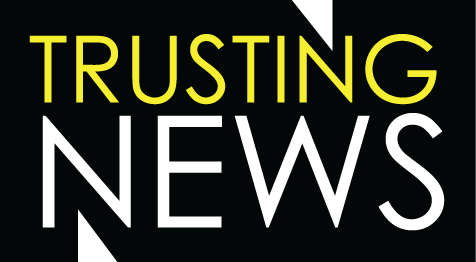
Ready to start earning trust?
Each week in the Trust Tips newsletter, we break earning trust down into one quick, actionable tip.
Subscribe here.


Each week in the Trust Tips newsletter, we break earning trust down into one quick, actionable tip.
Subscribe here.
